Cricketers often struggle with mental health issues. The long tours, the time away from loved ones, plus the relentless media spotlight can really take its toll. We all know about the problems experienced by the likes of Marcus Trescothick, Michael Yardy, Graham Thorpe, and Andrew Flintoff, but I found the following tale of Percy Hardy, a cricketer and former soldier, particularly moving. Thanks go to new guest writer Rob Thirlwell for telling the story …
The misunderstanding surrounding mental illness in cricket has long caused pain and confusion for players. They often have nowhere to turn apart from to drink or, in extreme cases, taking their own life. David Frith has completed extensive research on the topic of suicide in cricket, and his findings demonstrate an alarmingly high rate of suicide amongst cricketers, especially those playing at the professional level.
The retirement of high profile players such as Marcus Trescothick, Sarah Taylor and Jonathan Trott, as well as documentaries such as Amazon’s The Test and The Edge, which expose the personal battles English and Australian players face on a daily basis, has shed a light upon the troubles that are all to prevalent in our game. However there is still a long way to go. It seems there is still a hesitancy to speak out on the issue, as many players fear it would be a show of weakness. But the recent advancements in sports psychiatry and the increasingly understanding public attitude are hugely promising.
Frederick Percy Hardy was one first-class cricketer who struggled with mental illness. His tragic tale is a clear reminder of how far attitudes and treatments have progressed since his time.
Hardy’s journey, as a cricketer, a husband and a soldier, was not an easy one. Born in Blandford, Dorset in June 1880, Hardy showed early promise as a player. His talent was remarked upon by many who saw him represent Milton Abbey school and he went on to represent the Surrey colts side before moving to Somerset in 1902. Sadly, however, he struggled for consistency in both performance and selection.
A left-handed middle to lower order batsman, Hardy struggled to score runs in the county championship. Over the course of 99 first-class matches he scored 2,743 runs, at an average of only 16.32. He tasted some success in the summer of 1910, when he led the Somerset batting averages, scoring 700 runs. That season he notched his career high score of 91 against Kent at Taunton. Sadly though, the 1910 season proved to be anomalous.
His early promise as a dashing left-hander had all but faded by 1912. Many referred to him as a ‘utility player’, as he rarely batted in the top six and would occasionally make up some overs with his right-arm medium pace. Hardy was unable to solidify his place in the team and the uncertainty that plagued his professional life took its toll as he turned to drinking.
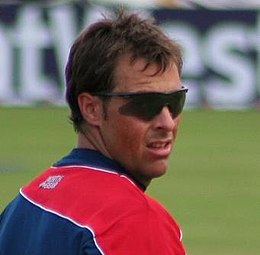
His dreams of cricketing success were slipping away and in a bid to continue playing cricket as a profession he joined the ranks of the Imperial Tobacco Company’s Cricket Club as their professional in 1912. He also worked on the ground staff at Lord’s. However, he still struggled to attain the respect of his contemporaries, and when the outbreak of the First World War came in September 1914, a career as a soldier seemed an attractive alternative to a life of mediocrity playing a sport he could never quite crack.
In 1915 Hardy enlisted in the Army, joining the County of London Yeomanry regiment. He fought in some of the War’s most brutal campaigns. He endured stints on the Western Front, yet his most gruesome exposure to warfare came in the Gallipoli campaign.
Gallipoli was famed, of course, for the bravery of ANZAC men who charged up steep banks from the beaches to be cut down by the endless fire of German and Turkish machine guns. Yet, many Englishmen also experienced the chaos and bloodshed of the campaign. The horror undoubtedly inflicted mental scaring upon Hardy, a man already psychologically unsettled by his failures in cricket.
In March 1916, Hardy returned home on leave to see his two young children, Frederick and Winifred, and his wife May. The effect the War had on Hardy was clear for his wife to see. On the night of March 4th, Hardy returned home in a drunken stupor. In less than a week he was to return to France and the conflict that had so greatly unsettled him. On his journey back to the front, Hardy sadly took his own life in a toilet at King’s Cross. He used a knife to slit his own throat to avoid returning to war.
Hardy has been in desperate need of psychiatric care. However, there was a desperate lack of understanding with regard to mental health issues at the time. It is impossible to know exactly what fears plagued Hardy in his final moments. No doubt his impending return to the front clouded his mind with fear. Yet, his internal struggles began long before he enlisted.
Perhaps the most tragic aspect of Hardy’s tale was the way in which he was remembered. In the 1917 edition of Wisden he was not actually listed as a war death. And in the Marquis de Ruvigny’s Roll of Honour he was said to have ‘died of illness’.
Hardy was not the only man to endure mental disintegration as a result of the conflict. Had he been fatally struck by a bullet at Gallipoli or in France his name would have been listed as a war death, his wife would not have struggled to understand his passing, and he would have been remembered as a hero. Instead some considered him to be a ‘coward’. He is, however, commemorated at Somerset in the record books and on the First World War memorial.
Mental health issues are still very prevalent amongst cricketers today. But the modern support networks were not available to the likes of Hardy – the boy who exuded talent and bullied the bowling at school level but was unable to express himself with carefree ease as as professional. One match short of 100 first-class games, and nine runs short of a championship hundred, Hardy was unable to capitalise upon his talent.
David Frith’s Silence of the Heart seeks to explore the reasons the suicide rate amongst cricketers is so high. He notes how the constant uncertainty of life as a professional cricketer can create great anxiety. Hardy’s career was certainly filled with uncertainty. Selection back then was so inconsistent that even a strong performance one week would not guarantee his place in the side the next. Hardy’s war experiences no doubt pushed him towards ending his own life. However, his struggles for Somerset and the eventual termination of his contract pushed him towards alcoholism and away from contentment.
The comparison between two Somerset batsmen, Hardy and Trescothick, is an interesting one. Separated by almost 100 years, both faced their own internal battles. Yet the levels of support they received were vastly different. In Trescothick’s book Coming Back to Me he notes the importance of the support he received from his family and how opening up to them really helped him. For Hardy, however, this would not have been so easy due to the severe lack of understanding that existed in the early 20th century.
The experiences of players like Hardy have alerted many to mental health issues and the grave impact it can have for professional cricketers. The game of cricket still has a long way to go to, but the process of addressing mental health in elite sport is finally well underway. One hopes there will be a happier ending for today’s professionals.
Rob Thirlwell



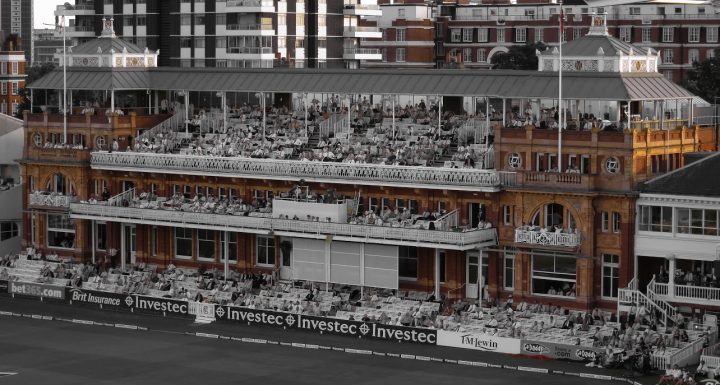
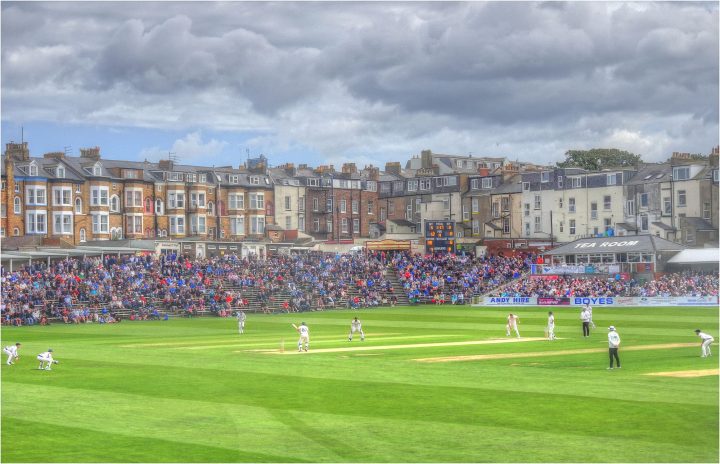
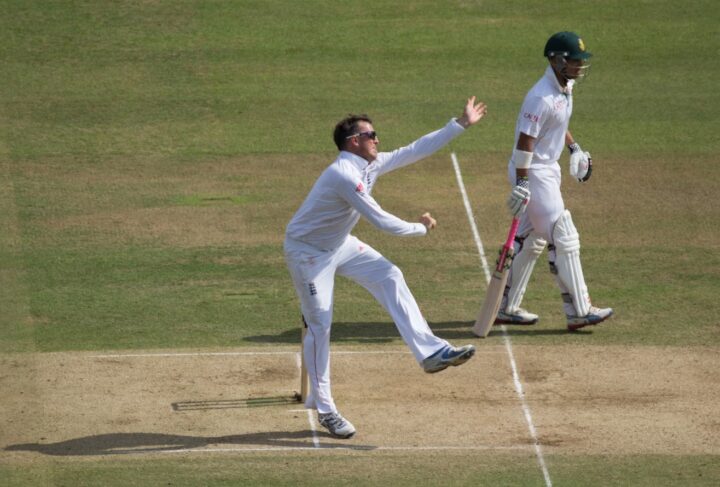
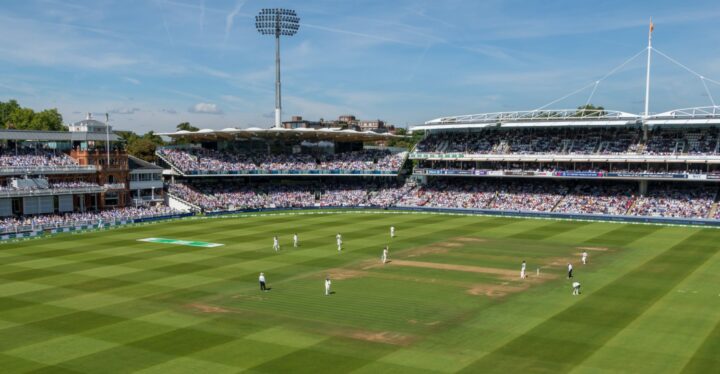


“Gallipoli was famed, of course, for the bravery of ANZAC men who charged up steep banks from the beaches to be cut down by the endless fire of German and Turkish machine guns. Yet, many Englishmen also experienced the chaos and bloodshed of the campaign.”
Growing up in NZ the ANZAC story formed a firm part of the national myth, but the reality is that the majority of Allied casualties were British (including, in those days, Irish). The total Allied casualties were 27,000 French, and 115,000 British and dominion troops (Great Britain and Ireland, Australia, New Zealand, India, and Newfoundland) killed or wounded.
73,485 of the latter were British and Irish troops. Australia lost 8,709 killed and 19,441 wounded (total 28,150) and NZ 2,721 killed (including my Great Uncle) and 4,752 (total 7,473).
The best book on Gallipoli – not of the overall campaign, but the actual fighting/experience of the soldier – is The Secret Battle by AP Herbert – a lightly fictionalised combined account of his experiences and that of Edwin Dyett, one of only two British officers executed for cowardice during the war. Field Marshal ‘Monty’ said it was the best account of front line combat ever written. Herbert was adamant that Dyett should not have been executed, though he was no pacifist/revisionist.
The persuit of happiness never comes with speed and we live in a world that is so caught up in the need to do everything yesterday, a totally unnatural way of life for the human psyche, that it is no wonder body and mind are being stretched to the limit, not just in sport but life in general, especially in the cash- oriented western world. There’s is no ‘stand and stare mentality’ encouraged its ‘life is loud’ for the young, so there’s no sign of anything other than more of the same in the future.
I used to live on a narrow boat and it’s 3mph lifestyle perfectly complements the natural speed of a human walk. The passing of the seasons, the self sufficiency and concentration of things going on around you brings you down to earth and makes you realise how wrong headed we are, moving in the wrong direction at 100mph in the persuit of the unattainable, as the more you have the more you want. Sport is just a reflection of how we have become slaves to this mentality. Personally I’m glad I’m not young today as the thought of having another 50 years of hurry scurry is of no interest to me.
There sure seems to be some sort of campaign going on to convince us all that we have “mental health issues” and should seek help ASAP. Nothing remotely sinister or dangerous in that….
WW1 trauma was the starting point for the study of mind-control that eventually produced government projects like MK Ultra. The official legend admits MK Ultra existed but claims it was abandoned in the 1970s because it didn’t work. Does it seem plausible that governments with all their resources couldn’t achieve with Charles Manson could and spent a lifetime in prison for?
Mental health issues are very, very real. In fact, I think 1 in 4 of us will experience some kind of mental health problem at some point. I often suffer from anxiety myself and it’s certainly more than just ‘nerves’. I have it very easy compared to some people but life can still be tough sometimes. Thank heavens we understand how the mind works a lot better these days. The way to manage anxiety, for example, is actually quite counter-intuitive. I never would have figured it out for myself without expert help. Mental health problems are no conspiracy. They’re very real and just as serious as physical illness.
I still think that we’re mentally and emotionally weaker than previous generations. With the self help culture proliferating at a rate of knots we no longer put up and shut up when things get tough and there’s are plenty of occasions when what we’re experiencing are just the vagueries of everyday life, not especially extreme. We must have the resources to cope but are not encouraged to explore them enough, we just gripe away on social media as though we’re special cases.
A good example is bereavement, a fact of everyday life for us all, indeed apart from being born, the most common event on the planet, yet we seem increasingly to be at sea coping. The most obvious example of the change in our nature was the public outpouring on the death of Lady Di.
There’s no dignity anymore, we let everything out, and are encouraged to think this is civilised. I beg to differ here as for me civilisation is the optimum use of our internal rathervthen external resources to create a society. It’s not just about the old stiff upper lip it’s about a useful balance, so we develop our resourcefulness as individuals as well as a community.
Cricketers aren’t that different from artists and writers in that creative work comes in flows of success and failures. Sports people call it going in and out of form. In the arts it is called ‘the muse’ either inspiring you or not.
What it means is that sports fans expectation of consistency is in general unrealistic. In the arts consistency is regarded as a sign of exceptional ability but very rare. The way the brain and the mind works there are times when everything is clear and productive and times when everything seems to be out of sync and falls flat.
You just have to wait and continue working until the creative force returns. If cricketers accepted that their lows are likely to be limited then they may not suffer from anxiety. Ebbs and flows, ups and downs, you can’t perform at your best all the time. Form will return.
Well said Jackie. An interesting take.
Anyone who has not experienced mental health or anxiety issues does not understand what goes on in the mind of the sufferer. I had severe anxiety about 10 years ago brought on largely by pressure of working for myself and probably foolishly taking on far too much. Believe me it’s real and at times I thought I was going to peg out. Yes really it can be that bad. Even then help was not particularly good and eventually by sheer will power I brought myself out of it, after a year or so. I do agree that for many the pressures of “modern” life become too much and even sports people suffer from it. One important thing I have learned is evaluate your life and work out what is REALLY important to you. And don’t worry about things you can’t control, for example Covid 19! Do what you can control and don’t rush around like a lunatic. At least mental health is now more recognised as a disease, but there is still a long way to go. I’m glad though I grew up in the 60s, ok it’s a bit hyped up, but life was much simpler, believe me.